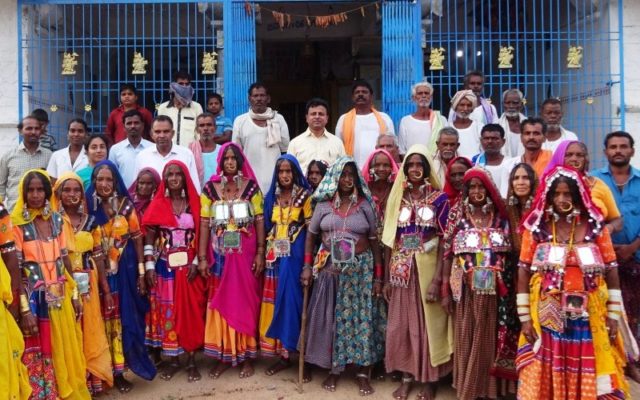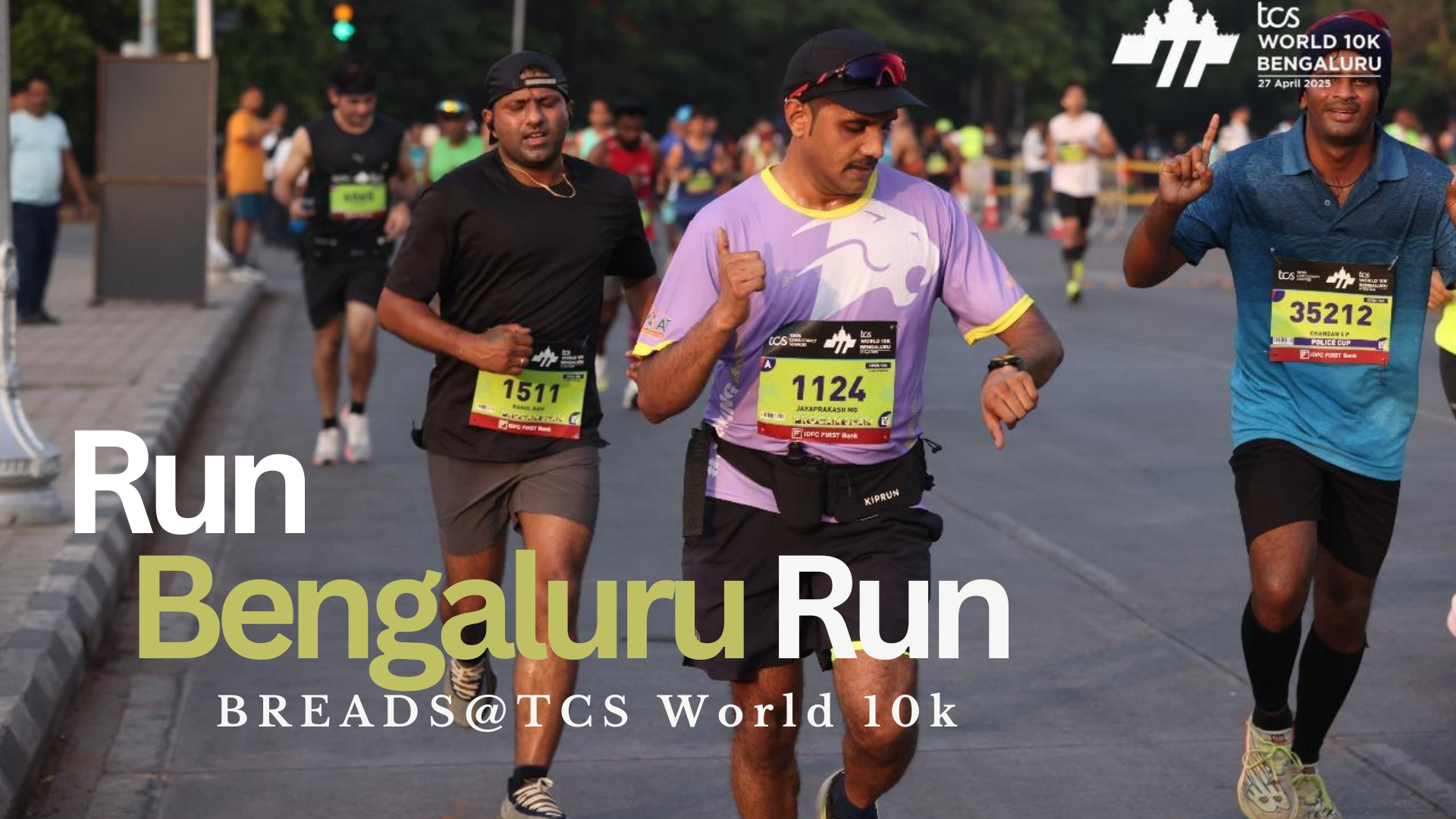In India, universal healthcare for the poorest of the poor is a dream yet to be realised. Access to healthcare is an even bigger problem than the quality of healthcare in India. It is estimated that more than 2.4 million people died in 2016, from conditions that could have been treated/prevented by healthcare— the highest number of “amenable deaths” among the countries studied. Of these deaths, nearly 1.6 million people — 66% — died because of the poor quality of healthcare services received; while 838,000 people died due to non-utilisation of healthcare services.
The ability to analyse, assess and realise the underlying needs of the community is the very purpose of a socially responsible organization. With this perspective, BREADS initiated the Mobile Clinic and Health Education project in the Raichur district of North Karnataka since 2013. The project facilitates medical care through mobile clinics which visit the villages twice a month and provide primary healthcare and health education in the remote corners of the district. The healthcare team consists of a doctor, a nurse and health workers.
The Narayana Dhanda village, commonly called NN Dhanda, in Raichur, is a habitation of the Lambani community, and is no exception from the poor health scenario. The NN Dhanda village has also been benefitted through the project and hence a Focussed Group Discussion (FGD) was organised with the community people on 8 August 2019 to comprehend and assess the impact of the project and to identify viable solutions/specific success criteria. The FGD involved nearly 50+ women, men and children from the Lambani community.
Mr. Siddalingappa, the Project Coordinator from Don Bosco Devadurga cordially welcomed the gathering and introduced the purpose of the project and the meeting. The discussions identified common symptoms and diseases in the community. People suggested a change in timings of the mobile clinic as per their convenience; one visit in the morning and one in the evening. The village still does not follow healthy toilet practices although toilets have been constructed by the Panchayat. On enquiring the reason for not using these toilets, it was found out that these toilets do not have a cesspit connection. The bore wells are the main source of drinking water in the community. The Primary Health Centre (PHC) tested the drinking water but has not disclosed the results yet. The community health worker was entrusted with the follow-up process with the Panchayat Development Officer (PDO) and the Primary Health Centre (PHC) on cesspit construction and safe water respectively. Age-related problems such as cataract, joint pains, knee pain, and stomach aches are common and hence the healthcare team was advised to concentrate more on these issues and collaborate with government schemes and agencies performing free cataract operations.
The suggestions and feedback to enhance community health and project effectiveness were cordially accepted from the community. The FGD highlighted the need to have better education/awareness on health, hygiene, food habits and the causes of cancer among the community; especially among the aged and the youth. The severely-ill patients will be hereafter referred to the taluk government hospital and transported by the mobile clinic vehicle.





